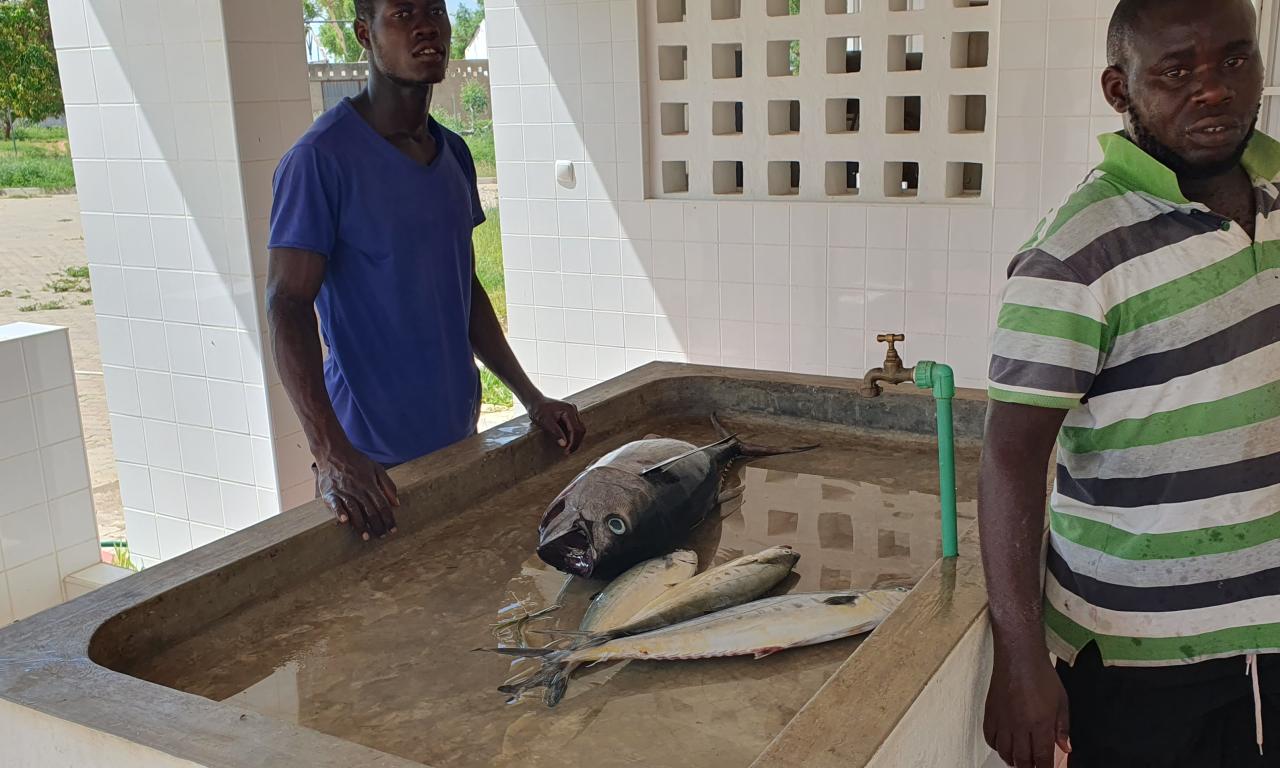
Small-scale artisanal fishers in Mozambique face various economic, social, environmental, and institutional challenges that impede their livelihoods and sustainability. Limited access to affordable cold storage leads to significant post-harvest losses, compelling fishers to sell their catch at low prices. Poor transportation infrastructure limits access to higher-paying markets. Inefficiently designed sales points remain unused, wasting the resources invested in them. Additionally, overfishing, pollution, and climate change further threaten the viability of the fishing industry.
These insights were revealed during a series of field visits conducted in Mozambique in March 2025 by WorldFish’s Asia-Africa BlueTech Superhighway (AABS) team, which focused on developing climate-smart technologies to reduce aquatic food loss and waste.
The team collaborated with Simply Solar GbR, the National Institute for Fisheries and Aquaculture Development (IDEPA), and the local Wildlife Conservation Society (WCS) office.
The team assessed fisheries around the coasts of Maputo and Nampula by engaging with fishers, fishmongers, and community leaders to identify the drivers of fish loss and local challenges. “This information will help researchers identify measures to enhance the efficiency of fish trading and reduce fish loss and waste,” said Aditya Parmar, WorldFish Post-Harvest Scientist and lead of the AABS initiative to reduce aquatic fish loss and waste.
One of the areas explored was how solar-powered cold storage can reduce post-harvest losses faced by local small-scale fishers and vendors. These people are often hindered by high energy costs and inadequate refrigeration, which negatively impact their livelihoods.
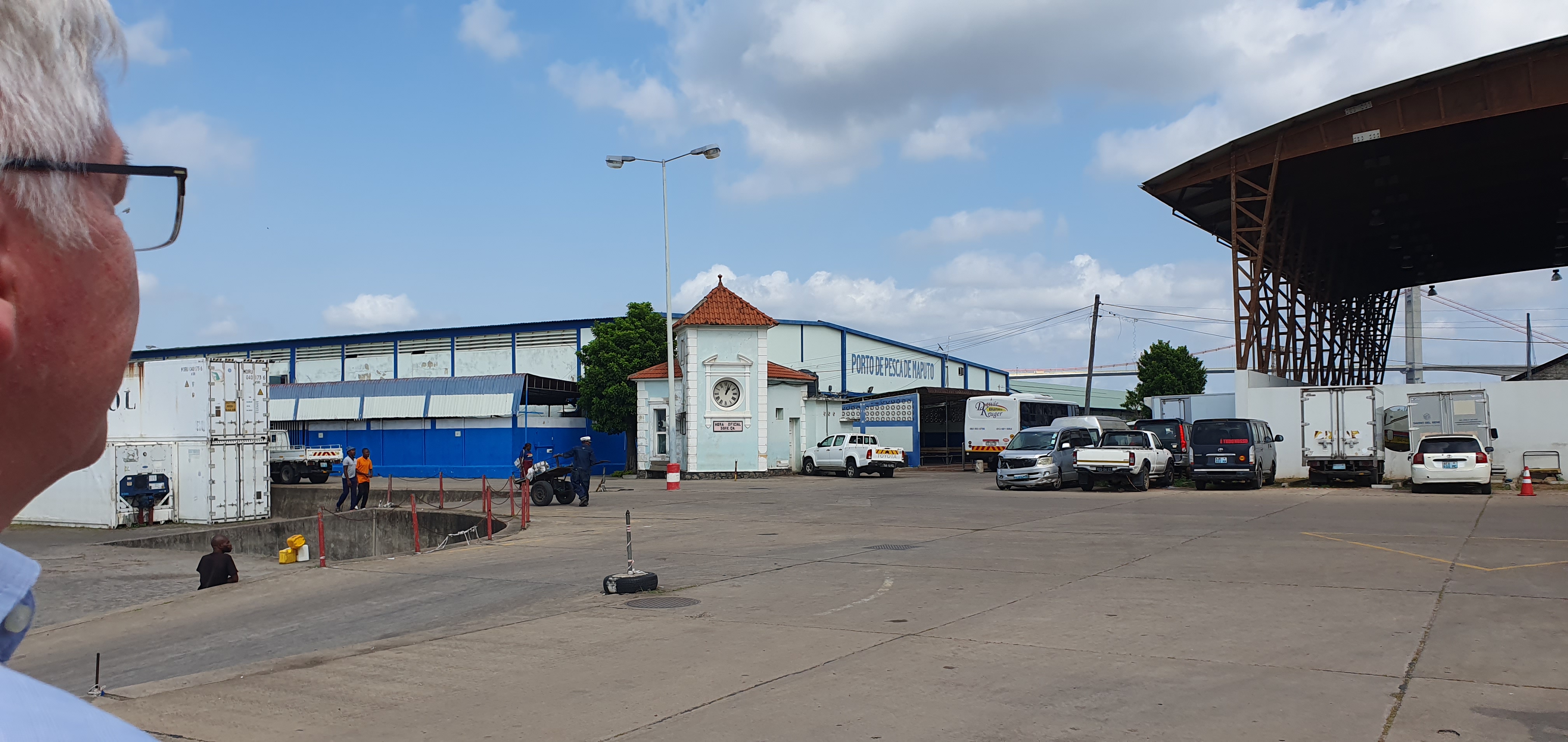
Mozambique Fisheries Challenges and Opportunities
The fisheries sector is crucial to Mozambique's economy and food security, with a 2,700 km coastline that supports various coastal communities and provides over 76% of the country's fish production. It comprises small-scale artisanal (which accounts for over 90% of production), semi-industrial, and industrial categories.
Artisanal fishing supports more than 250,000 people, while industrial fishing, although accounting for only 5% of the volume, generates over half the economic value, primarily through exports to Japan and Europe. Challenges include poor infrastructure, high risks for fishers in local markets, overfishing, and unreliable electricity, which hinder commercial processing and result in significant production losses.
The Challenges of Ensuring Reliable Energy
Although less frequent than in other African nations, power outages in Mozambique can have a severe impact on the fisheries sector, particularly during the post-cyclone period. Extended outages may halt production for days, risking significant losses for commercial fish processors. With limited natural gas liquids and no refineries, the government focuses on renewable energy to address increasing energy demands.
To facilitate direct sales and reduce losses, the government has implemented markets designed by the National Institute for Development and Management of Fisheries Infrastructures and the National Institute of Fishery Inspection (INIP) to provide hygienic sales conditions and facilitate conservation methods. “The concept is currently limited to sites with access to the electricity grid, but it has the potential for expansion using solar power.
While not all fishers and traders have embraced this model, specific regions, such as Chocas Mar in Nampula Province, have seen significant benefits, according to Afonso, Secretary of the Fish Market Management Commission. Centralized markets enable traders to collect large quantities, while cooling facilities help reduce spoilage and extend shelf life.
However, the standard market design, which must meet both hygienic and functional requirements as reinforced by the National Institute for Development and Management of Fishing Infrastructures (INFRAPESCA), has not been successful everywhere. According to Jose Halafo from WorldFish Mozambique, less than 50 percent of the first-sale markets are in use due to high running costs, changes in fishing dynamics, and inconvenient locations.
“Access to electricity is a crucial driving factor for rural development, particularly in the fisheries sector, where maintaining the cold chain to preserve the catch enables the sale of these products at competitive prices in distant markets,” said Jose.
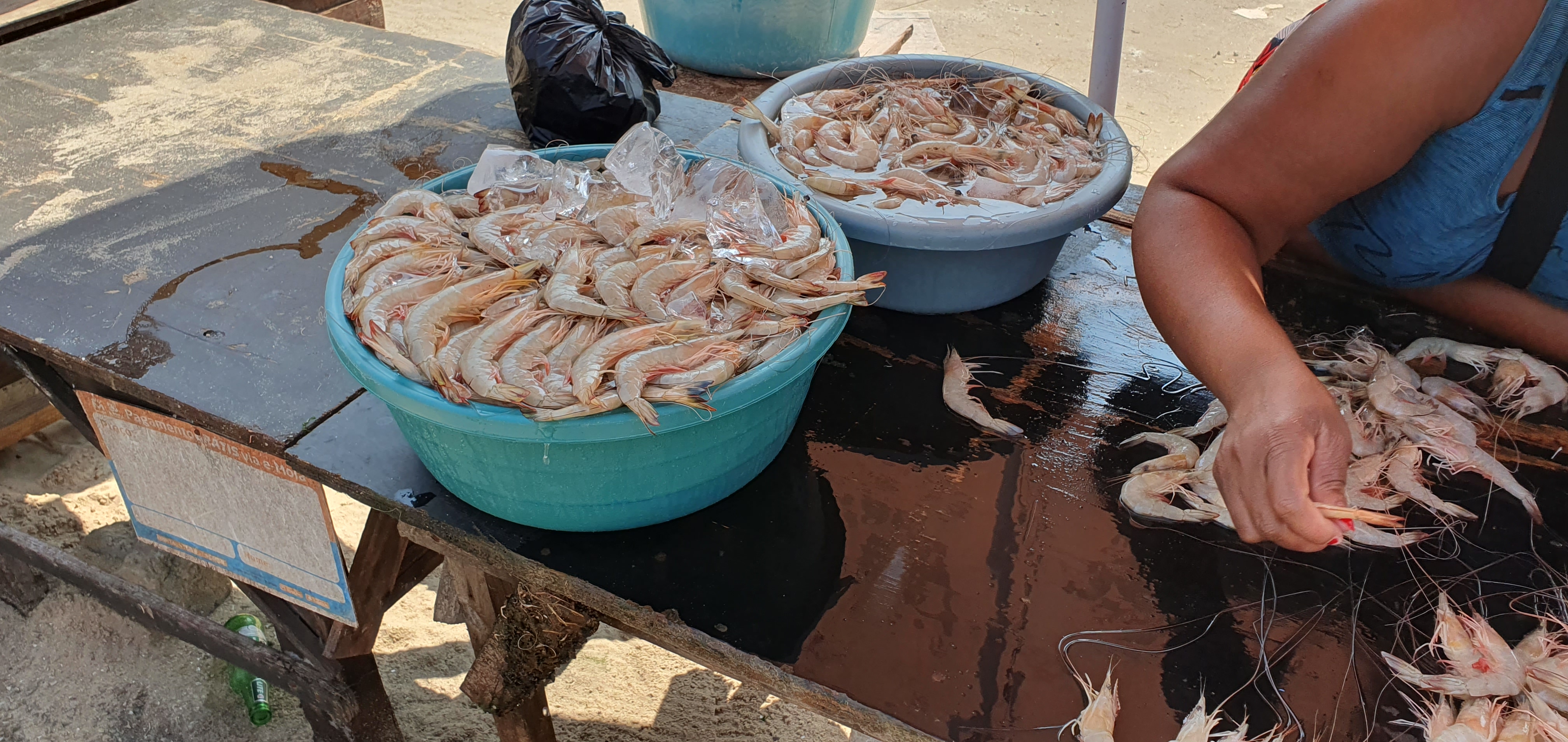
The Potential for Solar
Chocas Mar
Chocas Mar in Nampula Province has established a fish market since July 2024, supported by government funding, which benefits 63 vendors and 1,500 fishers. The two-level market features rented freezer space but struggles with a non-functional ice machine and high monthly energy costs of USD 90. Power outages lasting over 12 hours result in significant fish losses, with one fisher reporting a loss of 150 kg. Drying fish is not viable, resulting in a potential income loss of 50-60%. The market plans to implement a hybrid solar energy system and has identified the need for improved cold storage, transportation, and an ice machine for the marketing of fresh fish. Notably, the market is a model for implementing a hybrid solar energy system to enhance efficiency and provide backup support.
Porto de Pesca
Porto de Pesca in Maputo is the only large trawler landing site in Mozambique, processing about 5,500 tons of fish yearly. It has facilities for medium-sized vessels, a 950-ton refrigerated storage unit, and two ice machines, one of which is currently out of operation. Monthly electricity costs amount to USD 17,700, prompting the harbor director to explore solar energy-saving solutions, particularly for ice and freezers. Potential savings from solar installation are estimated at USD 56,000 annually, with an 8.5-year payback period and a projected 26% reduction in emissions.
Other sites, such as the coastal site of Lumbo-Ilha de Mozambique in the Nampula region, exhibit excellent solar potential. A solar system installed is projected to generate an annual energy sum of 1,621 kWh.
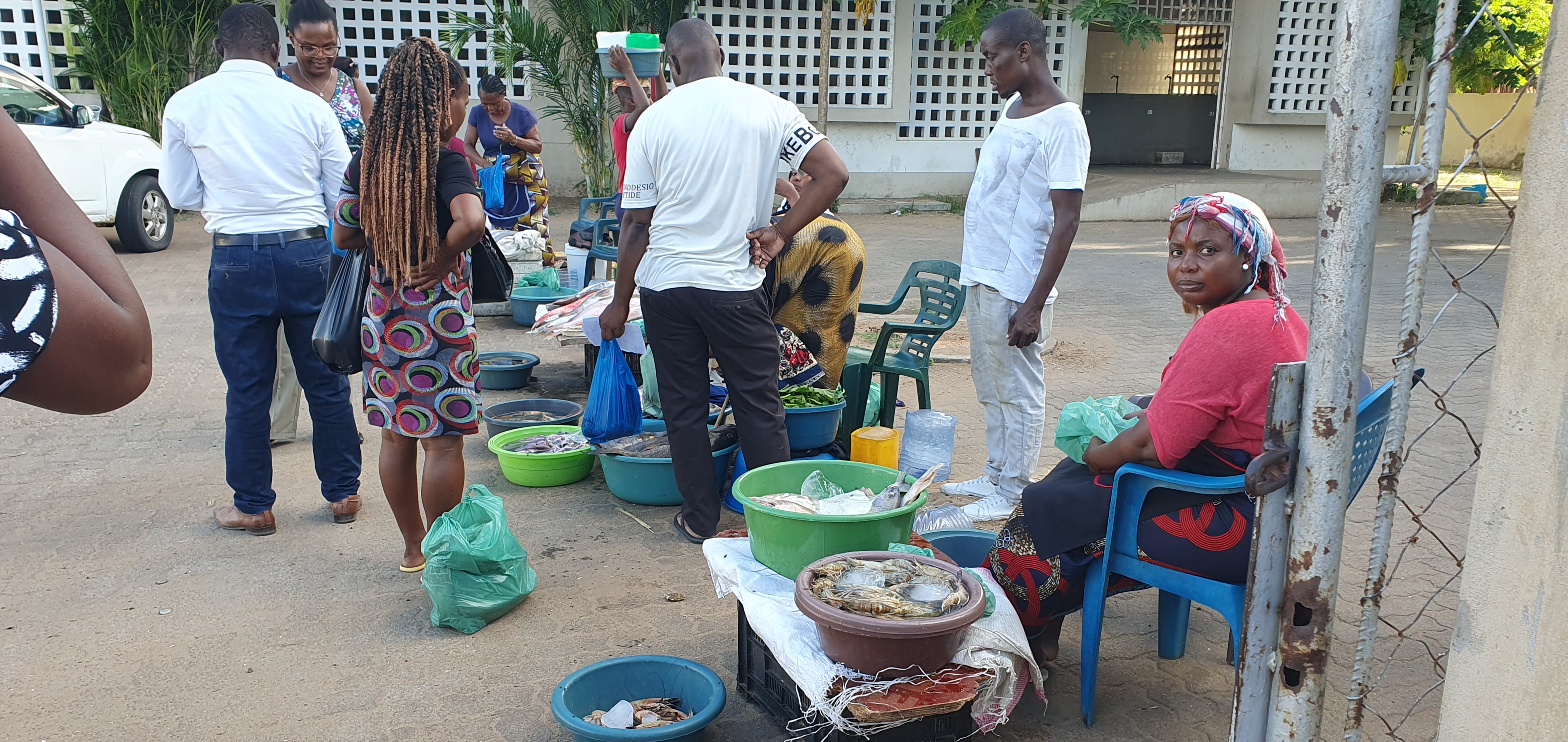
Potential Benefits of Solar Electric Energy for the Fish Economy
To ensure quality in perishable foods like fish, cold storage is essential. Establishing small, off-grid fish cleaning and cooling centers in fish-rich regions can enhance storage and sales, promoting a transition from subsistence to commercial fishing. Solar Direct Drive (SDD) freezers offer long-term storage that is independent of the grid. However, infrastructure growth can strain resources and increase fuel costs, as exemplified by Inhaca Island, where 30% of fishers' income is allocated to fuel.
Overfishing by industrial trawlers exacerbates this issue. Local successes, such as Chocas Mar, have arisen from creating fishing reserves and banning trawlers, which has boosted the fishing catch threefold. Integrating solar energy can lower costs for markets and processing plants, with hybrid systems offering greater reliability during outages, albeit at a higher initial cost.
Ongoing maintenance is crucial, recommending that 2% of initial investments be reserved for repairs. Models such as Energy as a Service (EaaS) can improve maintenance reliability, especially in cyclone-prone regions. For solar solutions to be effective, local technicians require training, and a steady supply of spare parts is essential; otherwise, communities may revert to traditional methods in the event of system failures.
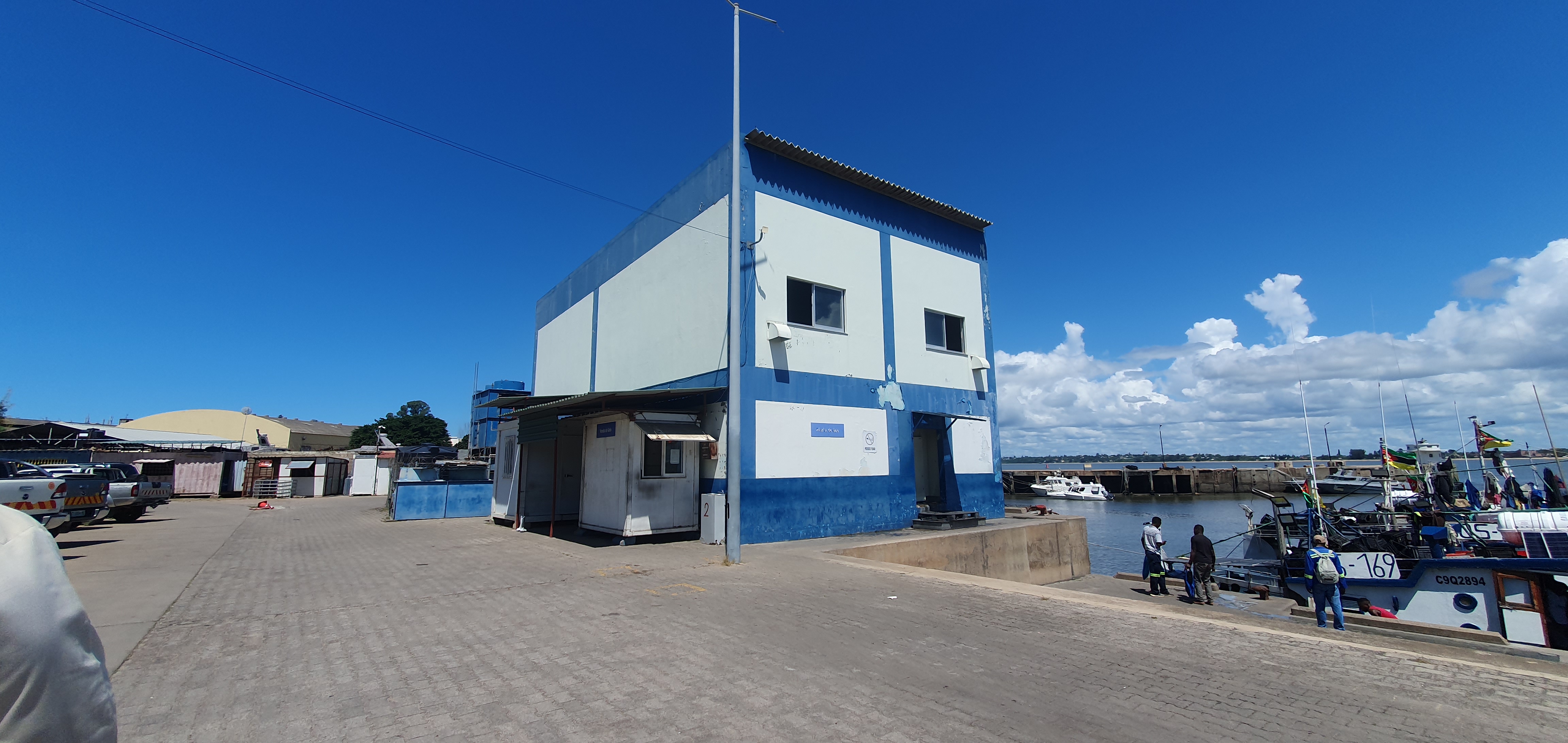
Recommendations for Next Steps
At the end of the field trip, the team presented the following recommendations for potential improvements that can be implemented in pilot projects at the various sites inspected:
- Develop and introduce solar-powered cold storage and processing units in remote areas through INFRAPESCA, backed by a sustainable maintenance model for long-term operation.
- Enforce fishing reserves and promote community-based resource management for sustainable extraction, ensuring necessary enforcement equipment is available.
- Install solar systems at community markets to reduce grid energy demand, align with government energy transition goals, and lower infrastructure costs.
- Enhance commercial activities at Porto de Pesca in Maputo using solar energy, aiming for an amortization period of under eight years.
For more information on the Asia-Africa BlueTech Superhighway (AABS), visit worldfishcenter.org/aabs
